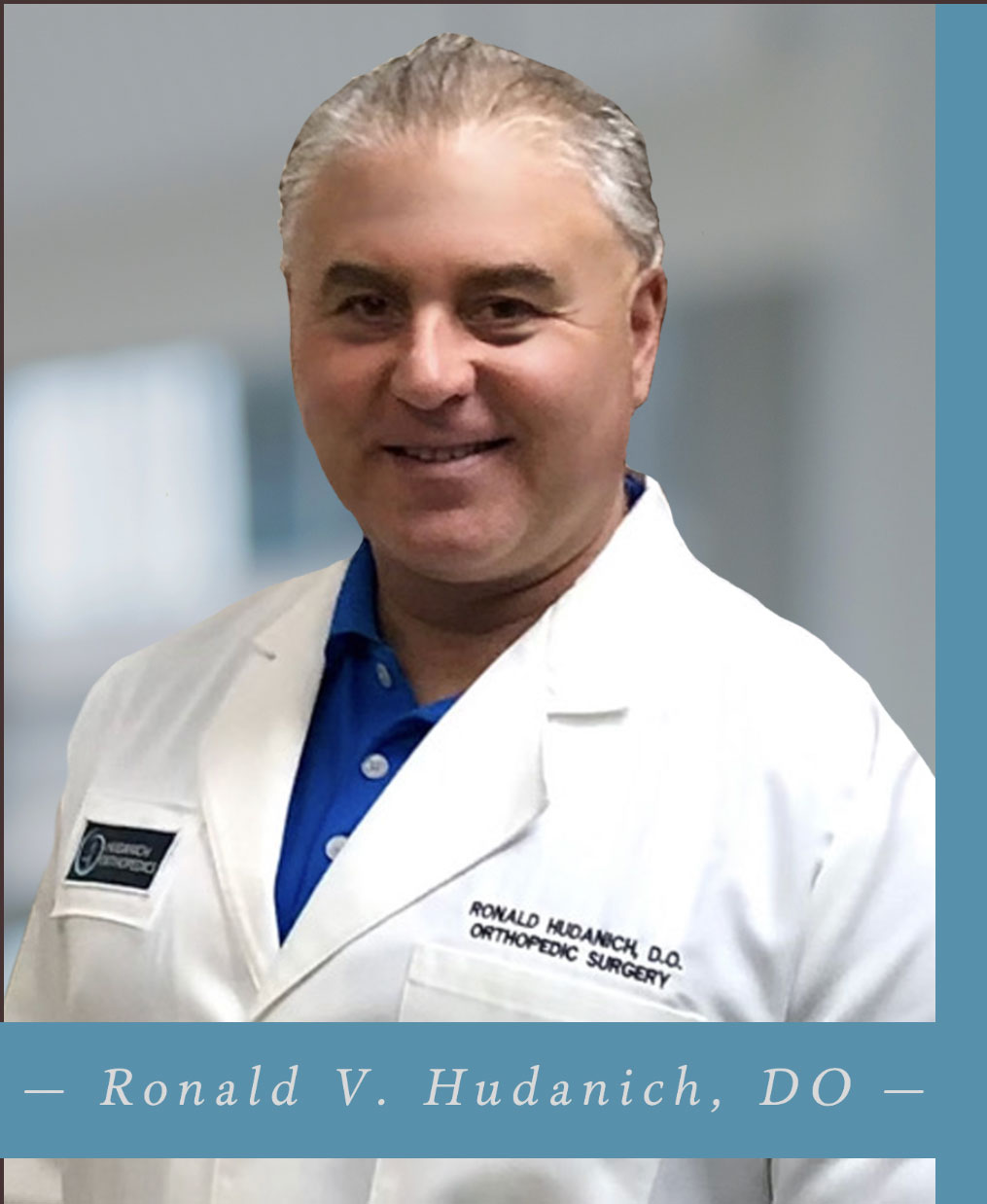Home » No Surprises Act
Beginning January 1, 2022, patients have a right to an estimate of the cost of services they will receive during a procedure or surgery, called a Good Faith Estimate, and more protection from unexpected, or surprise, bills when they receive care from out-of-network providers at in-network facilities. These protections are part of the of Consolidated Appropriations Act of 2021 which includes the No Surprises Act.
Your Rights and Protections Against Surprise Medical Bills. The No Surprises Act protects people covered under group and individual health plans from receiving surprise medical bills when they receive most emergency services, non-emergency services from out-of-network providers at in-network facilities, and services from out-of-network air ambulance service providers.
Under the law, health care providers need to give patients who don’t have insurance or who are not using insurance an estimate of the bill for medical items and services.
You have the right to receive a Good Faith Estimate for the total expected cost of any non-emergency items or services.
This includes related costs like medical tests, prescription drugs, equipment, and hospital fees.
Make sure your health care provider gives you a GFE Good Faith Estimate in writing at least 1 business day before your medical service or item.
You can also ask your health care provider, and any other provider you choose, for a Good Faith Estimate before you schedule an item or service.
If you receive a bill that is at least $400 more than your Good Faith Estimate, you can dispute the bill. Make sure to save a copy or picture of your Good Faith Estimate.
When you get emergency care or get treated by an out-of-network provider at an in-network hospital or ambulatory surgical center, you are protected from surprise billing or balance billing.
When you see a doctor or other health care provider, you may owe certain out-of-pocket costs, such as a copayment, coinsurance, and/or a deductible. You may have other costs or have to pay the entire bill if you see a provider or visit a health care facility that isn’t in your health plan’s network.
“Out-of-network” describes providers and facilities that haven’t signed a contract with your health plan. Out-of-network providers may be permitted to bill you for the difference between what your plan agreed to pay and the full amount charged for a service. This is called “balance billing.” This amount is likely more than in-network costs for the same service and might not count toward your annual out-of-pocket limit.
“Surprise billing” is an unexpected balance bill. This can happen when you can’t control who is involved in your care—like when you have an emergency or when you schedule a visit at an in-network facility but are unexpectedly treated by an out-of-network provider.
If you have an emergency medical condition and get emergency services from an out-of-network provider or facility, the most the provider or facility may bill you is your plan’s in-network cost-sharing amount (such as co-payments and coinsurance). You can’t be balance billed for these emergency services. This includes services you may get after you’re in stable condition, unless you give written consent and give up your protections not to be balanced billed for these post-stabilization services. See Florida Statute §641.3154; Florida Statute §627.64194.
When you get services from an in-network hospital or ambulatory surgical center, certain providers there may be out-of-network. In these cases, the most those providers may bill you is your plan’s in- network cost-sharing amount. This applies to emergency medicine, anesthesia, pathology, radiology, laboratory, neonatology, assistant surgeon, hospitalist, or intensivist services. These providers can’t balance bill you and may not ask you to give up your protections not to be balance billed.
If you get other services at these in-network facilities, out-of-network providers can’t balance bill you, unless you give written consent and give up your protections.
You are never required to give up your protections from balance billing. You can choose a provider or facility in you plan’s network. See Florida Statute §641.3154; Florida Statute §627.64194; the federal No Surprises Act and subsequent interim final rules.
You are only responsible for paying your share of the cost (like the potentially applicable co-payments, coinsurance, and deductibles that you would pay if the provider of facility was in-network). Health plan will pay out-of-network providers and facilities directly.
Center for Medicare & Medicaid Services CMS https://www.cms.gov/nosurprises Understand your rights against surprise medical bills
Kaiser Family Foundation: No Surprises Act Implementation: What to Expect in 2022 https://www.kff.org/health-reform/issue-brief/no-surprises-act-implementation-what-to-expect-in-2022/
Requirements Related to Surprise Billing, Part II https://www.dol.gov/agencies/ebsa/laws-and-regulations/laws/no-surprises-act
If you believe you have been wrongly billed, please contact your team at Greater Orlando Orthopedic Group™ and we will be happy to assist. Phone (407) 977-4130

Board-Certified Orthopedic Surgeon Hip and Knee Replacement Specialist

Board-Certified Orthopedic Surgeon Fellowship-Trained in Trauma

Board-Certified Orthopedic Surgeon Subspecialty Trained and Board-Certified in Orthopaedic Sports Medicine